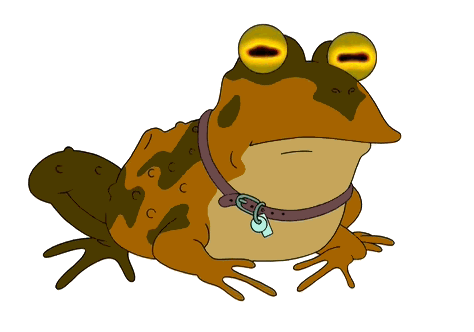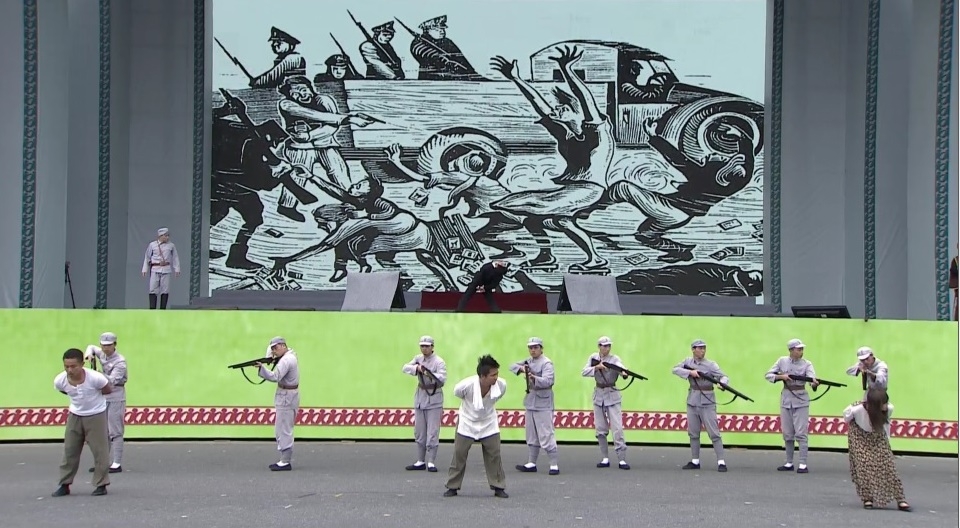| "HOW THE HELL IS THIS A 'VAGUE' POLITICAL POSITION?" from here |
INDEPENDENT FUCKING TAIWAN, YOU FUCKERS (31 Dec 2016): Following the announcement of the banning of several international artists from performing in China, including creatives from Japan, Korea, Hong Kong and Taiwan, a number of Taiwanese artists rumored to be on the list are protesting the circumstances of their inclusion in the strongest possible terms.
Taiwanese black metal group Chthonic and political activist rapper Dwagie both lodged harsh criticisms of the as-yet-unconfirmed list circulating online, which is said to attribute their being banned from China to having "vague political positions".
"What the actual fuck," noted Dwagie. "There is nothing 'vague' about anything I write. How the hell do a bunch of Zhongnanhai asshats take lyrics like We are beaten by the batons of history / Although our heads are bleeding, we never lower them / We climb the barbed wire and barricades / To light up the darkest corner with a sunflower and call them 'vague'? Seriously, what the hell? They have heard of the Sunflowers, right? Aren't they banned from China too? Are their political positions also 'vague'?"
"I mean, definitely the goal of every talented artist in Taiwan is to get banned China," Dwagie continued. "That's obvious - you're nobody until China hates you. So I guess I should thank China? But still, fuck them for thinking there is anything at all 'vague' about my politics!"
"For real," added members of Chthonic. "What do we even have to do to convince the Chinese government that we do not in any way consider Taiwan to ever have been, to be, or to have any possibility of ever being a part of China? How is this not crystal freakin' clear?"
When reached for comment, a Chinese government official declined to say much on the record, but did note that the "complex" and "questionable" political ideologies of the groups was "under serious consideration", but no decision has yet been made.
"Do I just need to write a song called "TAIWAN IS INDEPENDENT AND CHINA CAN EAT OUR BALLS?" added Dwagie. "Is that what it takes? I wrote an entire song eulogizing Taiwanese political hero Nylon Cheng and they, what, aren't sure? I mean it's an honor to be banned - maybe I could write a song called It's An Honor To Be Banned From China, would that be vague? But come on, the actual hell, China?"
"So, like, screaming Let me stand up like a Taiwanese / only justice will bring you peace into a mic with a stage background of intensely Taiwanese imagery is somehow vague? The rest of the song is about killing tyrants!" interjected Chthonic frontman Freddy Lim while other band members rolled their eyes. "Are they trolling us? Is this on purpose? Did they even listen to our songs? There is literally nothing, not one thing, in our discography that isn't either explicitly or implicitly about Taiwanese history, identity or sovereignty!"
"Seriously! You try to get to the heart of Taiwanese identity and the Taiwanese experience and sing about the country you love - COUNTRY, NOT PROVINCE, FUCKERS - and maybe even actively try to piss of China a bit in the process, but who even cares about them because they are a totally different country from beautiful, independent Taiwan, and this is what you get?" added Dwagie, exasperated.
Both members of Chthonic and Dwagie expressed surprise that they were not, in fact, already banned from China. "Was the list just, like, making it official? How did this not happen years ago?" quipped Chthonic member Doris Yeh.
"Hey, what about us? Are we already banned, or did they just forget? We wrote that 'Island Sunrise' song you hated over in China, and you as well as your buddies in Singapore even refused to show the segment of an awards show where it won an award for best song," added members of the Taiwanese rock group Fire Extinguisher. "What are we, nothing? Seriously? We work really fucking hard to have the honor of being banned from China!"
"Yo, us too," added Taiwanese indie hip hip group Kou Chou Ching. "FUck China man, we can't even get on the list?"
After hearing of the musicians' reactions, a Zhongnanhai official noted, "although our operatives have released these rumors on the Internet as per our instructions, we would like to remind everyone that the list has not yet been confirmed by any government official. These vague and unclear political positions will be weighed carefully, however," before smirking and getting into a black Mercedes.
Just covering my ass here: if it wasn't obvious that this is a work of satire and none of the artists named actually said any of those things, I really don't know how to help you be smarter, but this was a work of satire and none of the artists named actually said any of these things.
...though I like to think they would.


